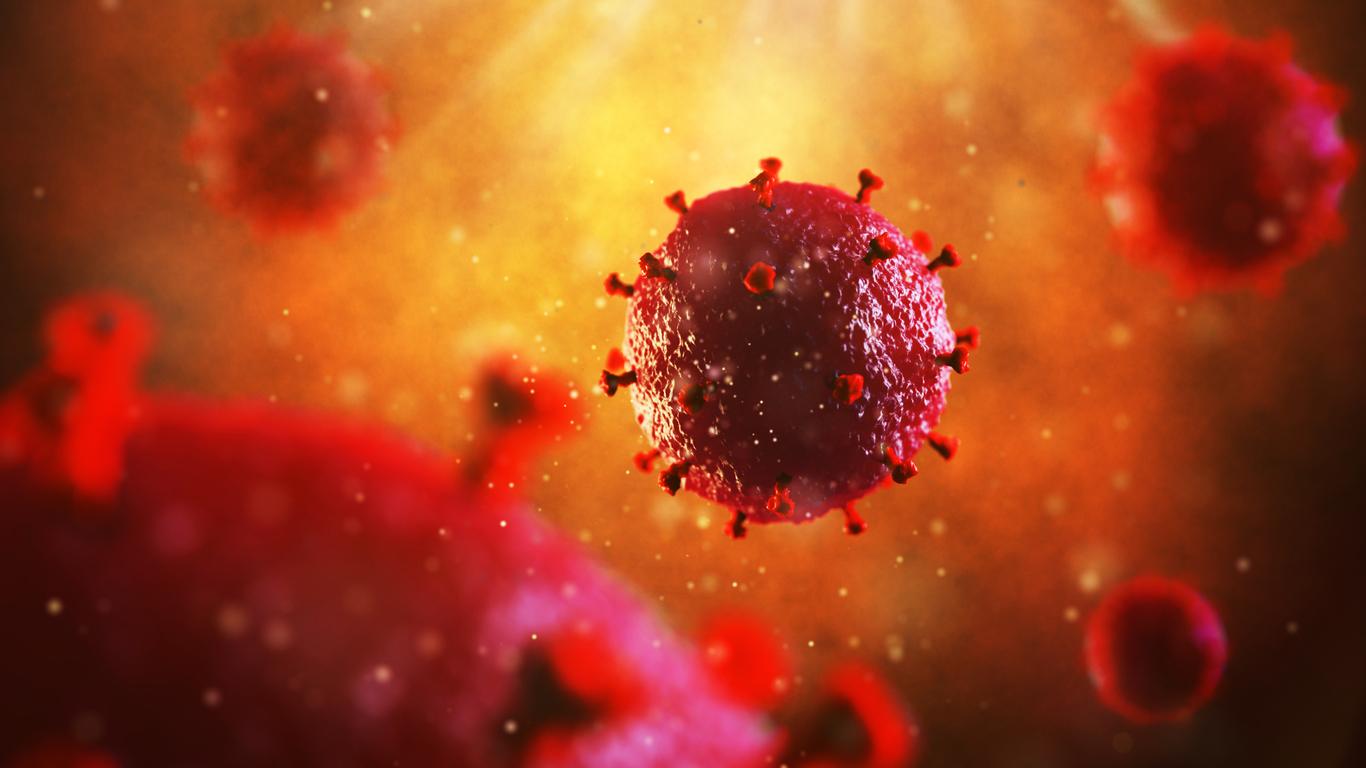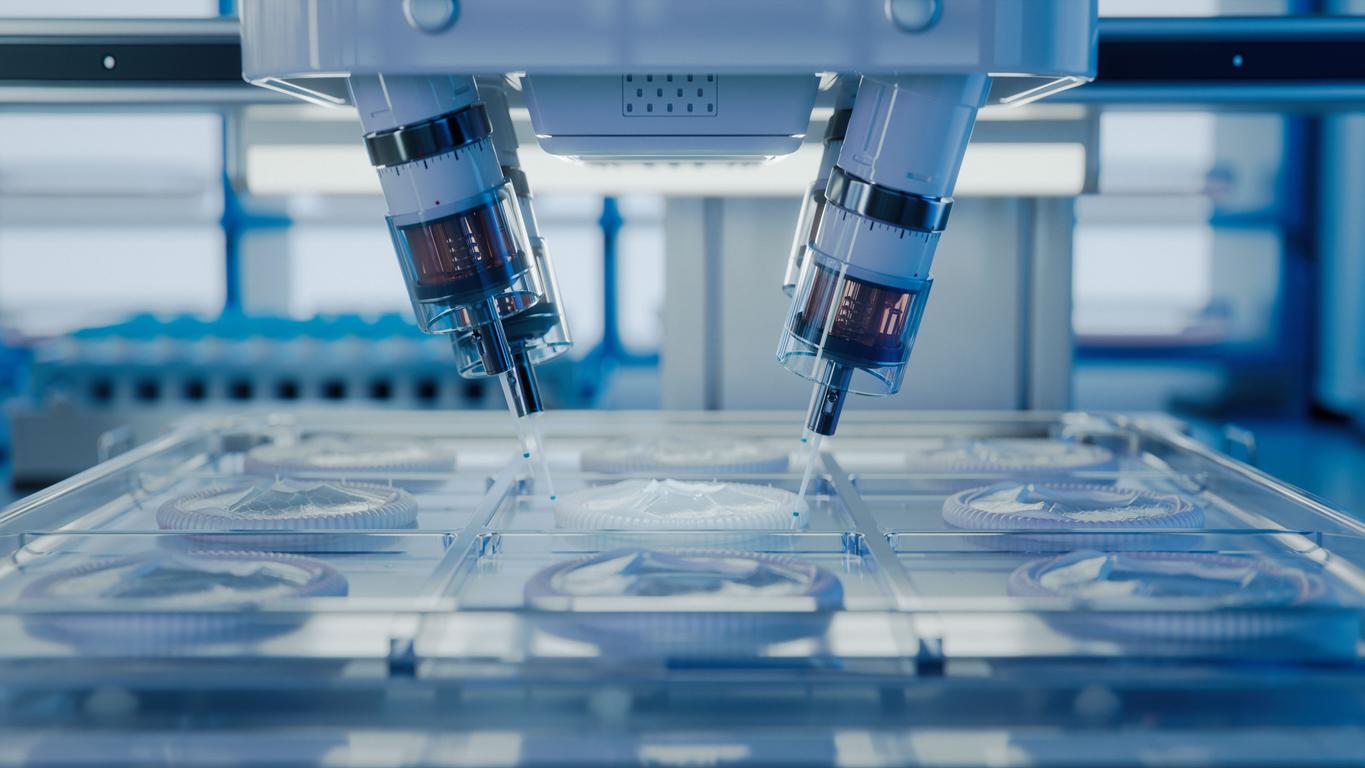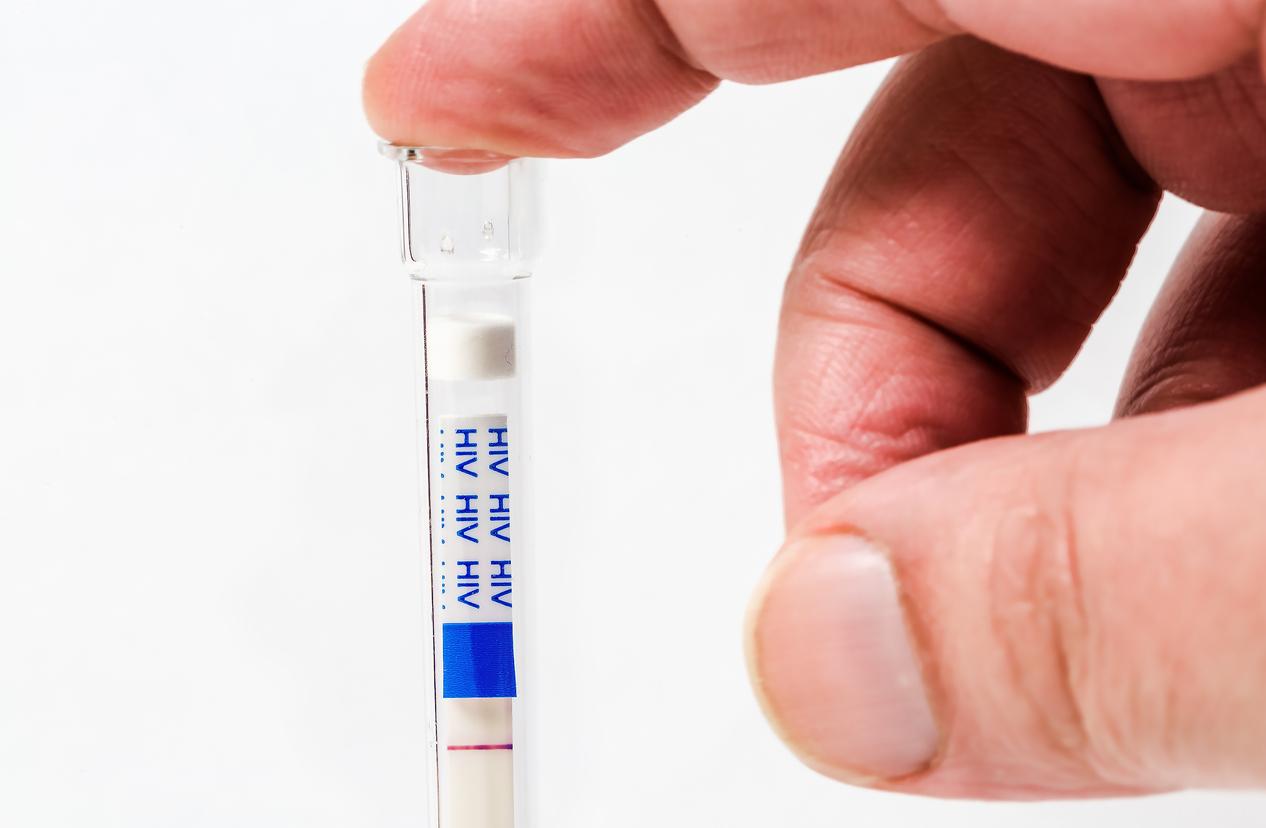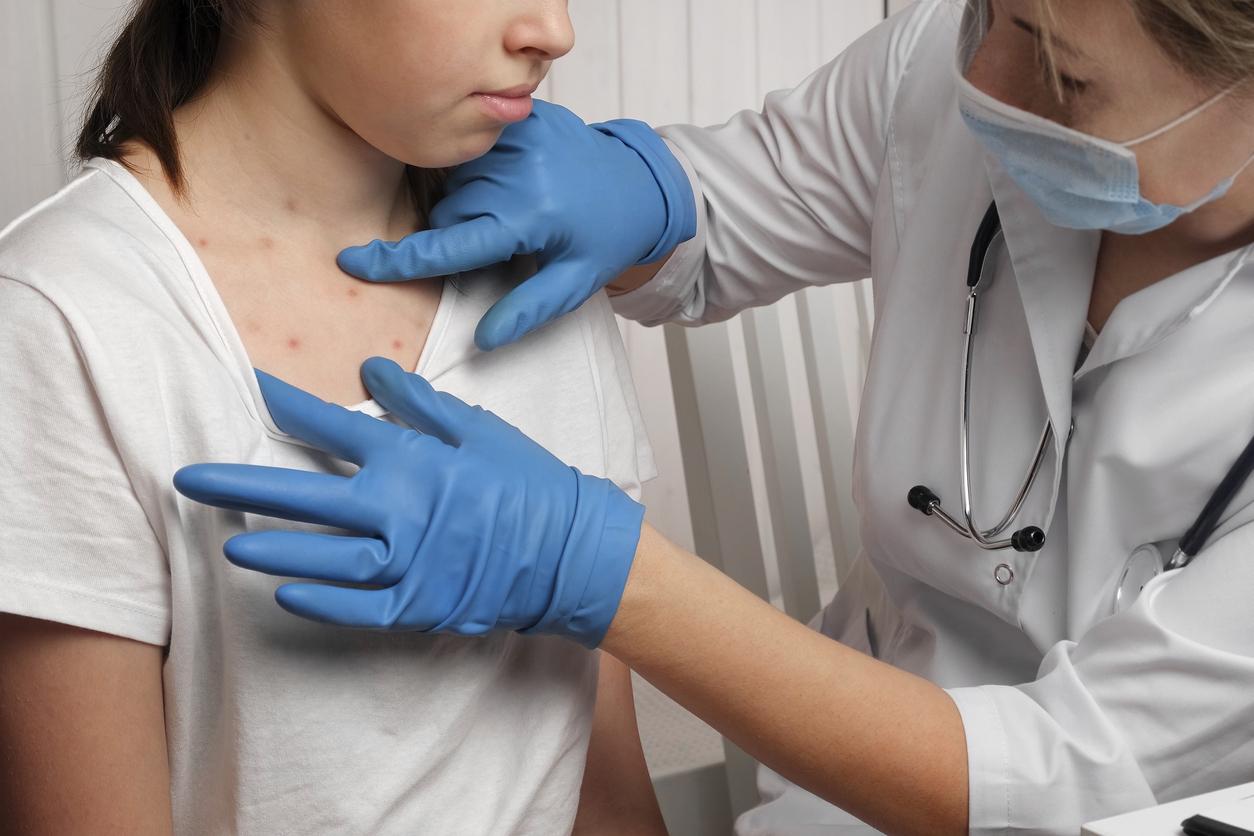Starting to take antiretroviral treatment four weeks after HIV infection would increase the chances of remission, according to a study by the Pasteur Institute.

- Establishing early treatment after HIV contamination could promote remission.
- Treatment must be taken within 4 weeks of infection.
- For researchers, their discovery highlights the value of early detection and treatment of people with HIV.
Here is new hope in the long fight against AIDS. Taking antiretroviral treatment early after HIV contamination promotes remission, according to joint work by researchers from the Institut Pasteur, the CEA, theInsermfrom Paris Cité University and the University Paris-Saclayin collaboration with the Institute Cochin.
The research was featured in the journal Nature CommunicationsJanuary 11, 2024.
AIDS: treatment must begin within 4 weeks after HIV contamination
Some people infected with HIV have been able to interrupt their treatment while maintaining an undetectable viral load for long periods, some exceeding 20 years. Their files, examined during a study called VISCONTI, provided evidence of a possible and lasting state of remission for patients living with HIV. To better understand this phenomenon, scientists joined forces and followed primates infected with the IF V (virus affecting monkeys causing HIV). They compared animals that received the treatment shortly after infection with those that took the drugs several months after their contamination and those which have not been processed.
Analyzes show that early treatment implemented within four weeks following infection “very strongly promotes viral control after infection.interruption treatment”. This protective effect is not present if antiretroviral drugs are taken just five months later.
“We show the association between early treatment and control of infection after interruption of treatment and our study indicates the existence of a window of opportunity to promote remission of HIV infection”explain Asier Sáez-Ciriónhead of the Viral Reservoirs and Immune Control Unit at the Institut Pasteur, and co-senior author of the work.

HIV: early detection is essential
Researchers have also demonstrated that starting treatment quickly after HIV contamination promotes the establishment of an effective immune response against the virus, in particular by encouraging “the development of immune T cells CD8 memory which have a greater antiviral capacity and are thus able to effectively control the viral rebound which appears after interruption of treatment”.
Asier Sáez-Cirión adds: “we see that early treatment maintained for two years optimizes the development of immune cells. They acquire an effective memory against the virus, to eliminate it naturally during the viral rebound after stopping treatment.
For researchers, their discovery once again highlights the value of early detection and treatment of people with HIV. “Starting treatment six months after infection, a period which shows a loss of effectiveness in our study, is already considered very short compared to what is currently happening in the clinic, where most people with HIV start their treatment years after infection due to too late detection”warns Roger Le Grand, director of IDMIT infrastructure and co-lead author of the study. “The effect of early treatment will be twofold: at the individual level, because early treatment prevents the diversification of the virus within the body and preserves and optimizes immune responses against the virus; and at the collective level, because it avoids the possibility of transmitting the virus to other people”concludes Asier Sáez-Cirión.

















